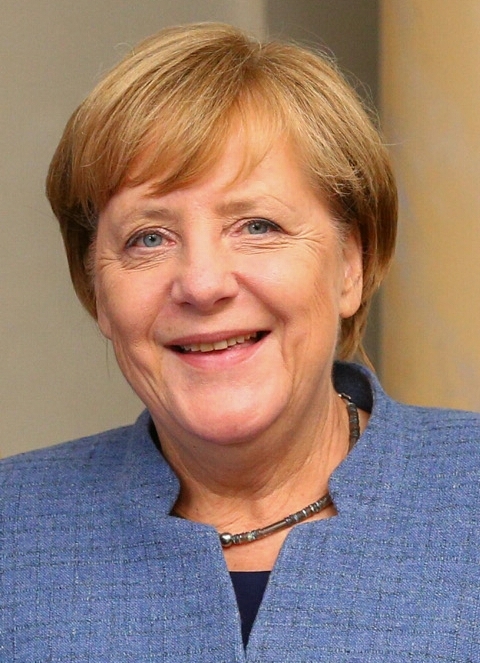I disagree. If you look at other electoral systems, you find different levels of oversight.
In Germany where they have Proportional Representation, they don't have the problems that the US does.
They have 6 political parties. Why? Because the system says a party only needs 5% of the national vote in order to get seats. In Denmark they have 10, because their system says 2% is required.
In the US, in every district in the House, the winner needs to get the majority of the votes. In Germany they have FPTP at the same time as PR, but PR trumps FPTP.

en.wikipedia.org
We can see that the CDU/CSU in 2017 gained 37.27% of the votes with FPTP but got 77% of the seats. Why? Because they were winning some constituencies with 28% of the vote (because there are more parties).
In the US people feel that only Reps and Dems can win, so they vote for one of these. Usually to stop the other party from winning.
With PR the CDU/CSU got just under 33% of the vote, they lost more than 4% of the vote, on the same day at the same time.
They got 246 seats out of 709, instead of 231 seat out of 299.
What's the difference?
People have a choice when they vote. Say you're right wing. You can vote CDU (or CSU if you're in Bavaria). You can vote for FDP, a center right party. You can vote AfD.
In the US is you vote third party, you essentially vote against your political leaning.
Say your constituency has a close Rep/Dem leaning. You vote third party, then your leaning loses one vote, because a Rep or Dem doesn't get that vote.
In Germany you vote third party, that third party can maybe join a government with the leading party.
In 2021 the SPD won (left wing party) formed a coalition with the Greens and the FDP.
This means that any left wingers who voted Green instead of SPD, still had a relevant vote. The FDP are a center right party and left wingers who are kind of center, can still vote for them and have a chance at getting a left wing-ish government.
Also, what the SPD want will be diluted by the FDP and Greens who want different things. So, the govt will be less extreme.
Also the CDU lost out because the AfD gained more votes in 2017 and while getting less votes in 2021, they still cost the CDU their power. This punishes the CDU, they know the right can be punished and still get in power (in 2017).
This means politicians need to be more in tune with the voters. The voters have way more oversight, politics becomes better. Also the coalitions mean that you can't have crazy politics, because crazy parties won't get into coalitions.

en.wikipedia.org